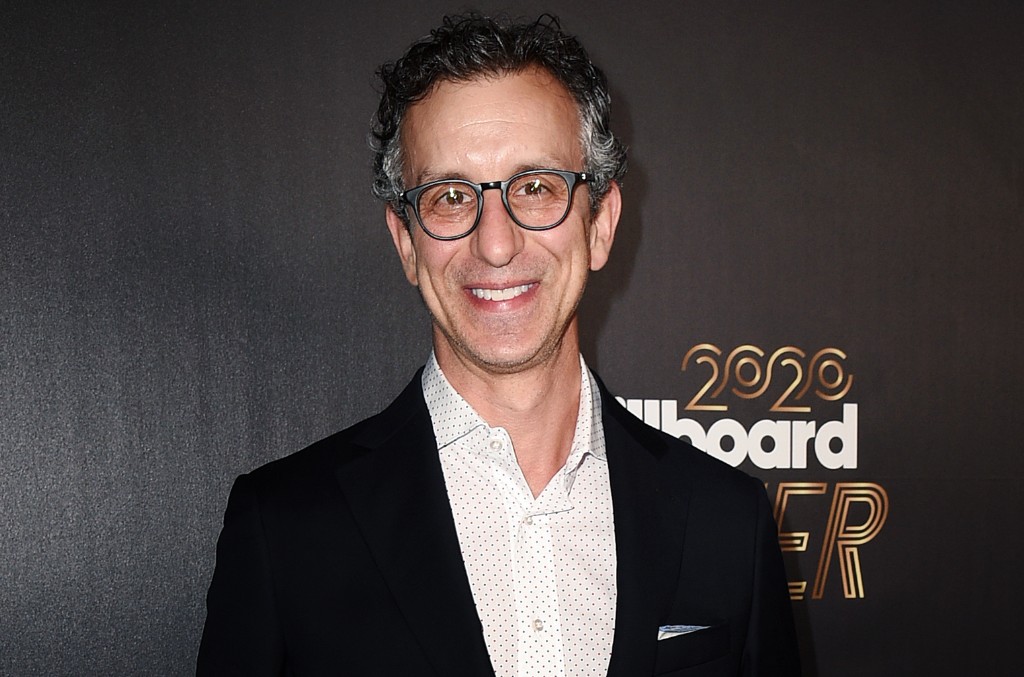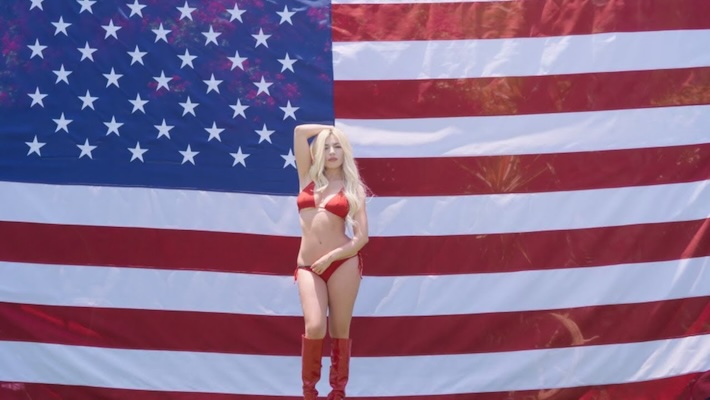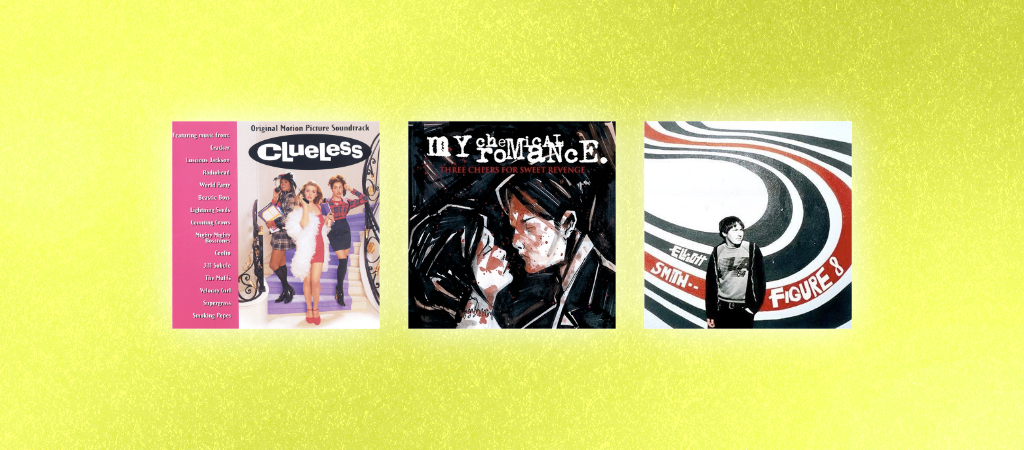Kicking off the National Music Publishers’ Association’s annual meeting Wednesday, the organization’s president and CEO David Israelite applauded RIAA chairman and CEO Mitch Glazier for his leadership in pulling together around 65 music trade groups to lobby Congress for CARES Act relief for self-employed music industry workers.
Glazier himself applauded the industry for coming together and noted that in times of tragedy, artists are quick to respond, playing live concerts to raise money for any number of worthy causes. “But sometimes they are not so good at raising money for themselves” in their own time of need, he said.
Israelite also pointed out the industry was forced to respond to California’s AB5 law, which was enacted to try and protect gig economy workers.
That law, however, would have created a hardship for the music industry, which largely consists of non-traditional work arrangements with creators and technicians. “AB5 is another example of what can happen when the music industry comes together,” said Glazier, who applauded musicians and background vocalist unions for helping carve out exceptions in the law for music workers.
Glazier added that he hopes the changes achieved in the California law would “serve as a model for New York and eventually the federal government when they look at this issue.”
The other thing the RIAA is monitoring closely is the situation with the Copyright Office’s Section 512 study. This is an important issue, says Glazier, because when the Digital Millennium Copyright Act was written in the 1990s, it offered immunity to services for copyright infringement claims as long as those services protected against copyright theft by promptly removing or blocking access to pirated content.
“The problem is that it was written for the services that were around at the time,” Glazier said. “So if you look at who was around the negotiating table it was companies like Bell South, MCI, Prodigy, Netscape and AOL. Kids [today] have never heard of these companies.
“[Congress] were really looking at a dial-up world,” he continued. “There was no peer-to-peer, there were no monster search engines, or companies like YouTube and TikTok. Over time, Congress has tried to balance the law so that the technology that has surpassed it can have that balance come back. But it’s still not there. The services should be responsible parts of the ecosystem who can voluntarily protect music, but have refused so far to do so in a way that protects creators.”
The Copyright Office study took five years and points out flaws in the system and the need to rebalance it, Glazier said, adding, “We are hopeful that this [study] will help push a successful, responsible, and accountable ecosystem going forward.”
As the interview wound down, Israelite noted “songwriters and music publishers really have a true friend in [Glazier] and your team at the RIAA.”
Next up, NMPA executive vp and general counsel Danielle Aguire interviewed the Mechanical Licensing Collective CEO Kris Ahrend. In building the new organization, Ahrend said he is instilling a number of objectives, noting the MLC is a service organization that will also fulfill the transparency mandate written into the law and “pay creators accurately.”
Ahrend noted that in building the organization, the management team has had to think a lot about diversity since songwriters themselves are incredibly diverse and the MLC needs to be able to communicate with them effectively.
He added the new company has expanded from two employees to just about 20 staffers, and soon it hopes to be able to roll out portals so that creators and copyright owners can double check to ensure that songs in the database have the correct metadata.
By opening its headquarters in Nashville, Ahrend said he hopes to have an impact on “how we define Music City.” He said, “It’s not just the home of the hits that people hear, but also the place from which people will be paid.”
Moving along, Ross Golan, one of two songwriter NMPA board members, addressed how songwriters are adapting to writing during the COVID-19 pandemic, which has eliminated in-person sessions and replaced them with remote ones. For one, he says it makes the sessions more efficient because people don’t enjoy socializing on Zoom like they do in person. But it took some adjusting in order to write that way, he added.
“It will be interesting in two years from now if people have completely adjusted the way they write because of how advanced some of the technology is becoming,’ Golan said.
For those who were unaware of how fitness company Peloton integrates music into its platform as a new licensee — or, as Israelite described it, an “exciting new source of revenue for songwriters and publishers” — Peloton vp of music partnerships Gwen Riley was on hand to explain. Saying that “music is integral to our brand,” which currently boasts 2.6 million members, she continued, ”Our job is to create the soundtrack for what can be the most physical part of their day. The onus is on us to educate about the music we add” to the company’s workouts.
As the meeting was winding down, Nielsen Music/MRC Data senior vp of analytics, insights and research David Bakula gave a detailed presentation about the studies the division has done on music listeners during the pandemic. For information on those studies, see here, here, here and here.
In closing out his segment, Bakula turned to the live space, saying it will be hard to predict when that comes back. “The majority of fans look like they are six months away from being ready to go back to shows — and that’s even with a whole lot of things to keep them safe like temperature checks, hand sanitizers, and not too many people in the bathroom at the same time,” Bakula said. “All of these different things are going to be critical before we are comfortable in going back to shows. In the meantime, I think live streams have really created a place in our consumption where you are going to see it maybe not as a replacement for live shows but as a supplement and a way to get artists connected to their fans.”
Following the presentation of the NMPA’s Icon Award to Garth Brooks, the meeting came to an end. Brooks, who praised his manager and publisher Bob Doyle, a member of the NMPA board, as someone who loves music and songwriters more than anybody, also thanked the NMPA for the role they play in “standing up for songwriters” in Washington D.C.
“We are the seed.” Brooks said, “but we need to be the most protected or there is no plant.”



